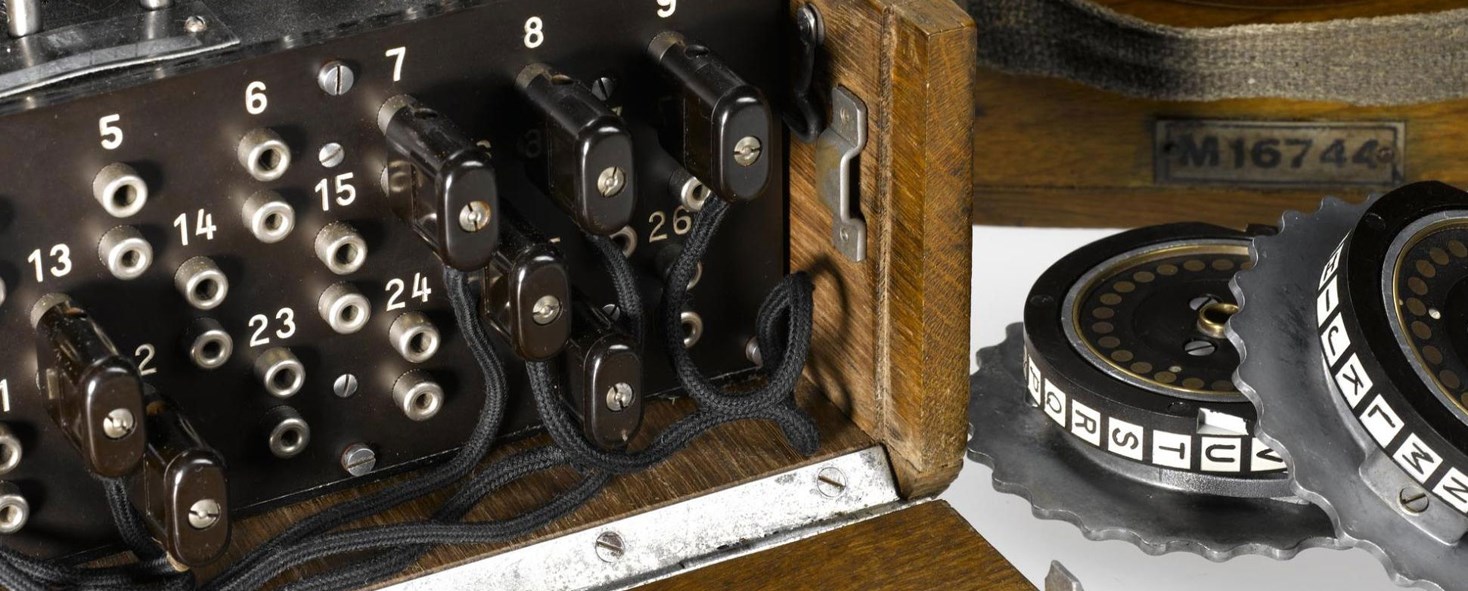Key in a search term below to search our website.
Key in a search term below to search our website.

The Act aims to increase openness and accountability in government and across the public sector by ensuring that people have the right to access information held by Scottish public authorities.
People will be able to see and question how such bodies function and how decisions are made.
Each public authority must have a publication scheme. This sets out the kinds of information the authority publishes or intends to publish, how the information is made available and whether there is a fee for the information
You can download the National Museums Scotland Model Publication Scheme here.
Under the Freedom of Information (Scotland) Act 2002, you can make a request for information held by National Museums Scotland and be entitled to receive it, provided no exemptions apply.
The request can be made by an individual or an organisation and does not have to be made by someone in Scotland.
Requests must be made in writing or in another permanent form and you must give your name and address and describe what information is required. National Museums Scotland may charge a fee in accordance with those set out in the Freedom of Information (Scotland) Act.
Please send your request by letter, fax or email, to:
The Freedom of Information Officer
National Museums Scotland
Chambers Street
Edinburgh
EH1 1JF
Tel: 0131 247 4153
Fax: 0131 247 4492
Email: FOI_Request@nms.ac.uk
An applicant has 40 working days from the receipt of a response to an FOI request for information to request a review of any decision related to that response (a Requirement for Review).
To request a review, please contact:
Director of Finance and Planning
National Museums Scotland
Chambers Street
Edinburgh
EH1 1JF
Tel: 0131 247 4290
Email: k.pentland@nms.ac.uk
On receipt of a Requirement for Review, the Director of Finance and Planning will contact the applicant to confirm receipt and advise the applicant of the legal response time.
The review will be undertaken by the Director of Finance and Planning and a response issued to the applicant within 20 days of receipt of the request for review. The response will set out the findings of the review and advise the applicant of their rights under Freedom of Information should they be unhappy with the response or the processes.
If the applicant is not satisfied they will be advised to contact the Scottish Information Commissioner to gain further advice and/or request a further investigation.
There are exemptions in the Act but most of these are not designed to be applied on a blanket basis.
There are two types of exemptions: absolute and non-absolute. If an absolute exemption applies, then National Museums Scotland will not have to release the information. Some absolute exemptions apply to areas that you would expect, such as national security or confidential material. Other absolute exemptions apply to information which is available via another route, for example, if information is contained in an authority's publication scheme. If a non-absolute exemption applies then National Museums Scotland will have to apply a public interest test to establish whether the information should be released. There are 17 categories of exempt information covering areas such as government interests and relations, public sector administration, national security and defence, law enforcement, and commercial interests.
If an exemption applies, the applicant will be given a written refusal notice which explains why the request is being refused. The notice will also inform the applicant of their right to apply for a review of the decision.
The Act is enforced by the Scottish Information Commissioner. The Commissioner has a wide variety of powers under the Act to ensure compliance and an authority could be found in contempt of court if it fails to comply with a notice issued by the Commissioner.
The Commissioner is a fully independent public official. Their duties and legal powers should ensure that people get the information from Scottish public authorities to which they are entitled. The Commissioner has a number of responsibilities which include: dealing with complaints, promoting good practice to authorities, informing the public about the Act and enforcing the Act.
Complaints concerning requests can only be made to the Information Commissioner once an applicant has exhausted the National Museums Scotland internal review process. If an applicant is dissatisfied with the response from the authority, they can take their complaint to the Scottish Information Commissioner. If the Commissioner decides to proceed they will invite comments from the Museum and then decide if the complaint is valid. The Commissioner will notify both the applicant and the Museum of his decision.
On occasions, the Commissioner will require more information before they can make a decision concerning a complaint. The Commissioner may then issue the authority with an information notice and also has the right to apply for a warrant to enter an authority's premises and remove documents.
In accordance with the Act, National Museums Scotland may charge for handling a Freedom of Information request.
If the information costs the Museum less than £100 to provide, it will be supplied free of charge.
Requests costing £100 - £600 will be provided at a charge of 10% of the cost above £100 to a maximum charge of £50 to the applicant.
If the cost to the Museum of provision will be more than £600, then National Museums Scotland is not obliged to supply the information. The Museum will consider each case individually in these circumstances and may choose to provide the information.